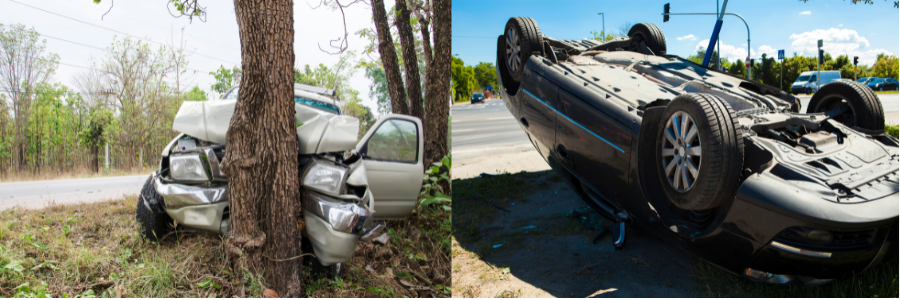Can I sue the other driver if they dont have insurance?
In many situations, accidents can happen when we least expect them. You might find yourself in a car accident where the other driver doesn’t have insurance. This situation can feel overwhelming. You might wonder, Can I sue the other driver if they dont have insurance?” It’s a valid concern, and the answer can depend on various factors, including the laws of your state and the specific circumstances of the accident.
When you’re involved in an accident with an uninsured driver, it’s essential first to grasp what that means for you legally. In some states, driving without insurance is illegal. This means that the other driver could face significant penalties beyond just your accident. However, the legal ramifications for you as the victim can be complex. If you’re injured or your vehicle is damaged, you may feel a strong urge to seek compensation. This may lead you to consider a lawsuit against the uninsured driver.
Understanding the Legal Framework
Before diving into the specifics of suing, understanding the legal framework governing car accidents can be helpful. Most states operate under a fault-based system for car accidents. This means that the driver who is at fault for the accident is responsible for damages incurred by the other party. If the other driver was negligent or reckless, you could potentially hold them accountable, even if they lack insurance.
However, the catch is that an uninsured driver may not have the financial resources to pay for damages. If you win a lawsuit, collecting that judgment can be challenging. In many cases, if a driver cannot afford insurance, they may also struggle to pay for damages resulting from an accident. Knowing this can be disheartening, but its crucial to focus on your options.
Exploring Your Options
After an accident with an uninsured driver, your first step should often be to check your own insurance policy. If you have uninsured motorist coverage, this can be a lifesaver. It helps cover medical expenses and damages when the other driver has no insurance. Not every policy includes this coverage, so it’s wise to review your insurance terms thoroughly. If you don’t have this type of coverage, your options become more limited.
Filing a lawsuit is certainly an option. If you choose this route, you may want to consult a personal injury attorney. They can help you navigate the complexity of the legal system. An attorney can guide you through the process of determining fault and whether you have a viable case against the uninsured driver. They’ll also provide insight into potential challenges you might face, such as collecting damages if you win the case.
Assessing the Feasibility of a Lawsuit
It’s essential to consider the feasibility of suing an uninsured driver. While you may have a legal right to seek compensation, the practical aspect of collecting that compensation can be difficult. If the driver does not have the means to pay, winning a lawsuit might not provide the relief you need. Sometimes, pursuing other avenues, like settling directly with the driver, can seem like a more practical solution, although it carries its own risks.
Another aspect to think about is the emotional toll that a lawsuit can take. Legal proceedings can be lengthy and stressful. It’s crucial to weigh the potential outcomes against the stress and the possibility of not receiving compensation. Many people find themselves in a position where they must decide if it’s worth pursuing legal action or if they should focus on recovery and moving forward.
The Role of State Laws
State laws play a significant role in how these situations unfold. Some states have no-fault insurance laws, meaning that your own insurance covers your damages regardless of who was at fault. In such states, suing the other driver may not even be an option unless your injuries exceed a certain threshold. It’s vital to familiarize yourself with your states regulations about uninsured drivers, as they can greatly affect your next steps.
In addition, some states also have specific requirements for uninsured motorist coverage. This means you might already be protected, even if you don’t realize it. Understanding your rights and coverage can help you make more informed decisions after an accident.
Conclusion
In conclusion, you can sue the other driver if they don’t have insurance, but it comes with complexities. The decision to pursue legal action should be carefully considered, weighing both the legal implications and the practical aspects of collecting damages. Exploring your own insurance options, understanding your state laws, and possibly consulting with an attorney can help you navigate this challenging situation.
Ultimately, it’s about protecting yourself and ensuring you have the support you need to recover and move forward after an accident. The journey might be tough, but knowing your rights can empower you to make the best decisions for your situation.


